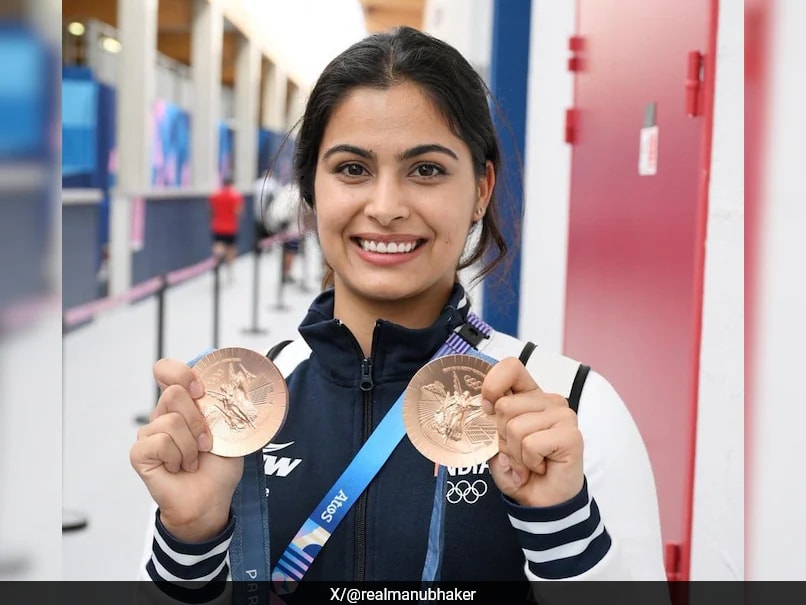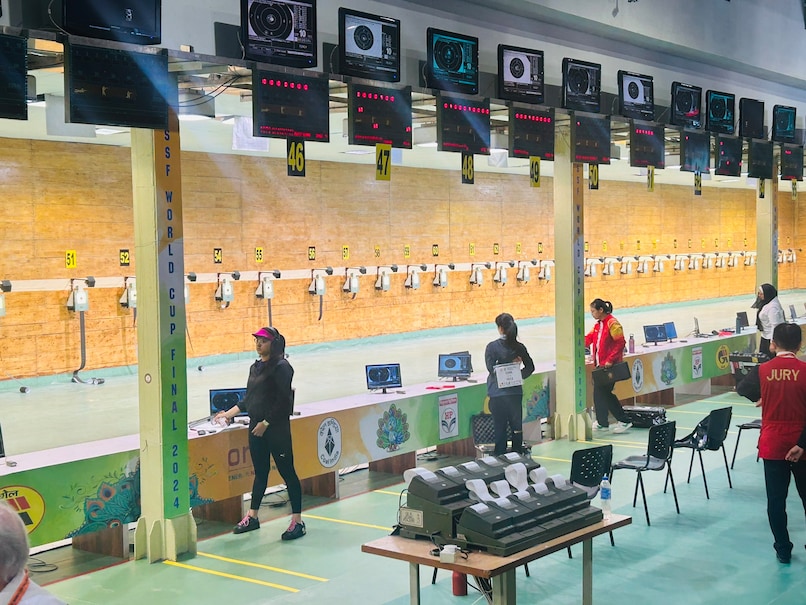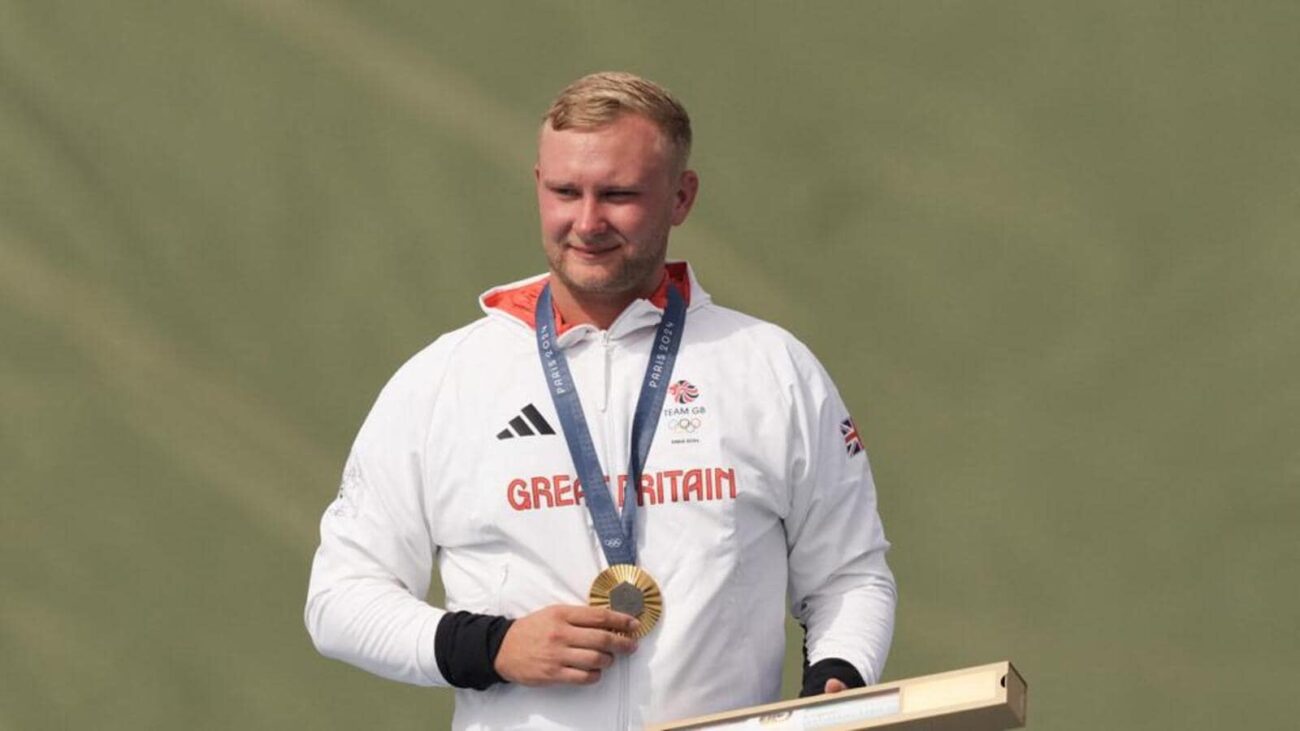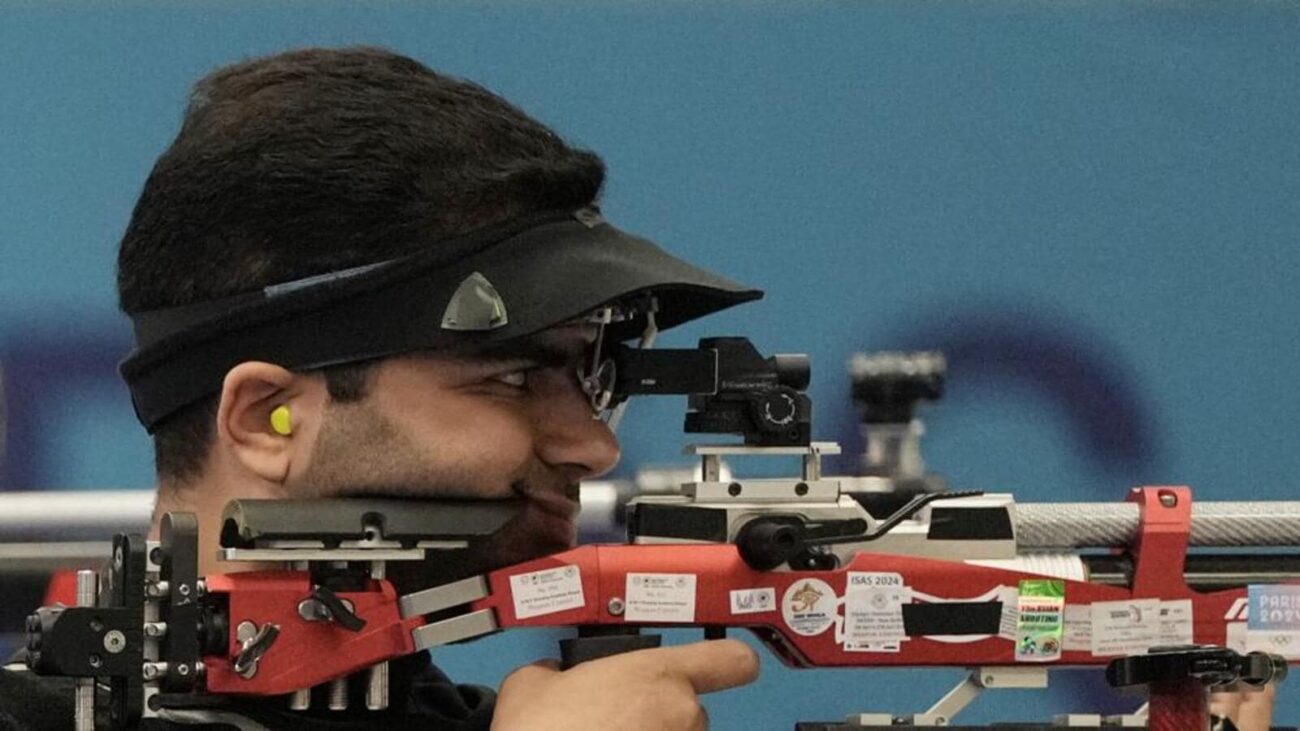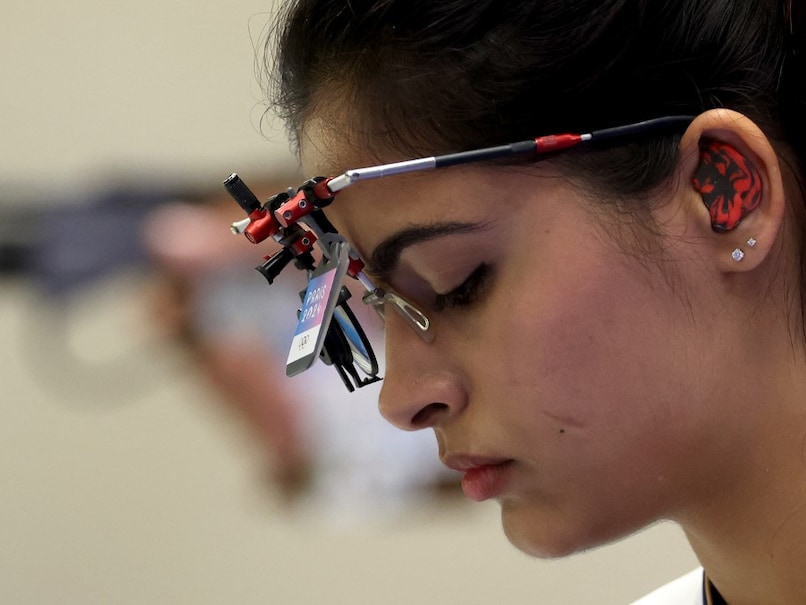Manu Bhaker to Resume Training in November, Return to Shooting Next Year
Indian Olympic medalist shooter Manu Bhaker has announced her plans to resume training in November and return to competitive shooting next year. Bhaker, who won two medals at the recently concluded Paris Olympics, shared her intentions during a media interaction in Delhi ahead of the International Shooting Sport Federation (ISSF) World Cup Final.
Bhaker’s decision to take a break from shooting after the Olympics was a pre-planned move, as advised by her coach Jaspal Rana. “I do feel like competing, but before the Olympics, my coach had told me to take three months off since I was facing injuries due to pistol recoil,” she explained.
During her break, Bhaker has enjoyed spending time with her family and indulging in homemade food. “I am happy that I got a chance to spend time with my family after a long time. I eat homemade food and enjoy it a lot,” she said.
Bhaker expressed her excitement about the upcoming ISSF World Cup Final, which she believes is a valuable platform for young shooters. “To play here is a big experience in itself. Players should make the most out of it, give their best, and not be afraid,” she advised.
At the Paris Olympics, Bhaker and her partner Sarabjot Singh secured bronze in the 10 M Air Pistol Mixed team event, defeating South Korea’s Lee Wonho and Oh Ye Jin 16-10 in the bronze medal play-off match. Bhaker also opened India’s medal tally in the Olympics by securing third place in the women’s individual 10m air pistol event, becoming the first-ever woman shooter to win an Olympic medal for India.
Following that, Sarabjot Singh and Bhaker won the bronze medal in the 10m air pistol (mixed team) event, which was India’s first-ever shooting team medal. In her final event, Bhaker narrowly missed out on a historic grand treble and finished fourth in the women’s 25m pistol shooting event.
Bhaker’s achievements at the Paris Olympics have cemented her status as one of India’s most promising shooting talents. Her return to training in November and competitive shooting next year is eagerly anticipated by fans and supporters alike.

